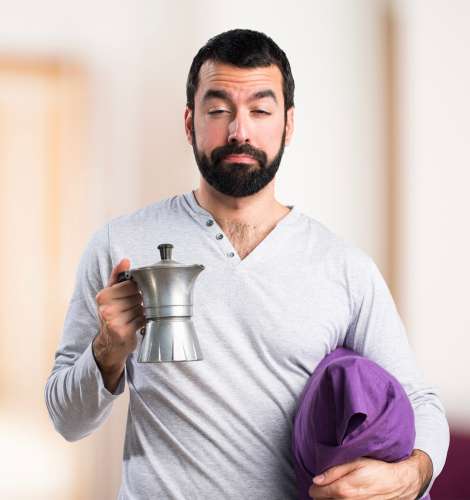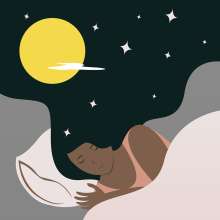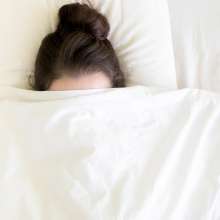A review of “sleep inertia” and “sleep drunkenness” was recently published in the journal of Sleep Medicine Reviews.
Sleep inertia
Sleep inertia refers to the transitional state between sleep and wakefulness, marked by impaired performance, reduced vigilance, and a desire to return to sleep. The intensity and duration of sleep inertia vary based on situational factors, but its effects may last minutes to several hours.
It is a normal phenomenon, but one with potentially dangerous ramifications. For example, health care workers and military personnel who are woken abruptly in the night may be required to make quick, cognitively-taxing decisions.
Although the precise substrate of sleep inertia is unknown, EEG (electroencephalographic), evoked potential, and neuroimaging studies suggest the persistence of some features of sleep beyond the point of awakening in the condition of sleep inertia.
Forced desynchrony studies (that disrupted the biological circadian rhythms) have demonstrated that sleep inertia impacts cognition differently and is most intense during awakenings from the natural, biological night.
Recovery sleep after sleep deprivation also amplifies sleep inertia, although the effects on cognitive performance vary based on task and timing.
Difficulty with awakening is also common among individuals with mood disorders, disproportionately to the general population. This may represent an important treatment target, but evidence based treatment guidance is not yet available.
Sleep drunkenness
In patients with hypersomnolence disorders, especially in idiopathic hypersomnia, a more pronounced period of confusion and sleepiness upon awakening, known as “sleep drunkenness”, is common and problematic.
Optimal treatment of sleep drunkenness is unknown, although several medications have been used with benefit in small case studies.





